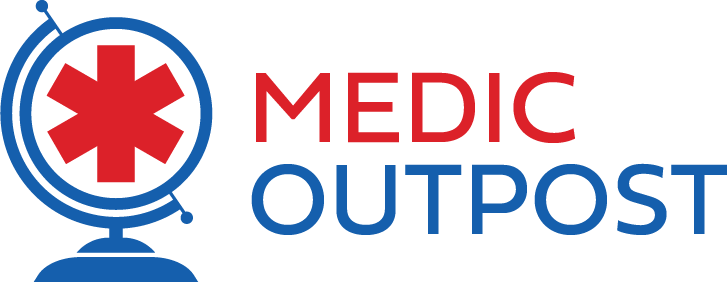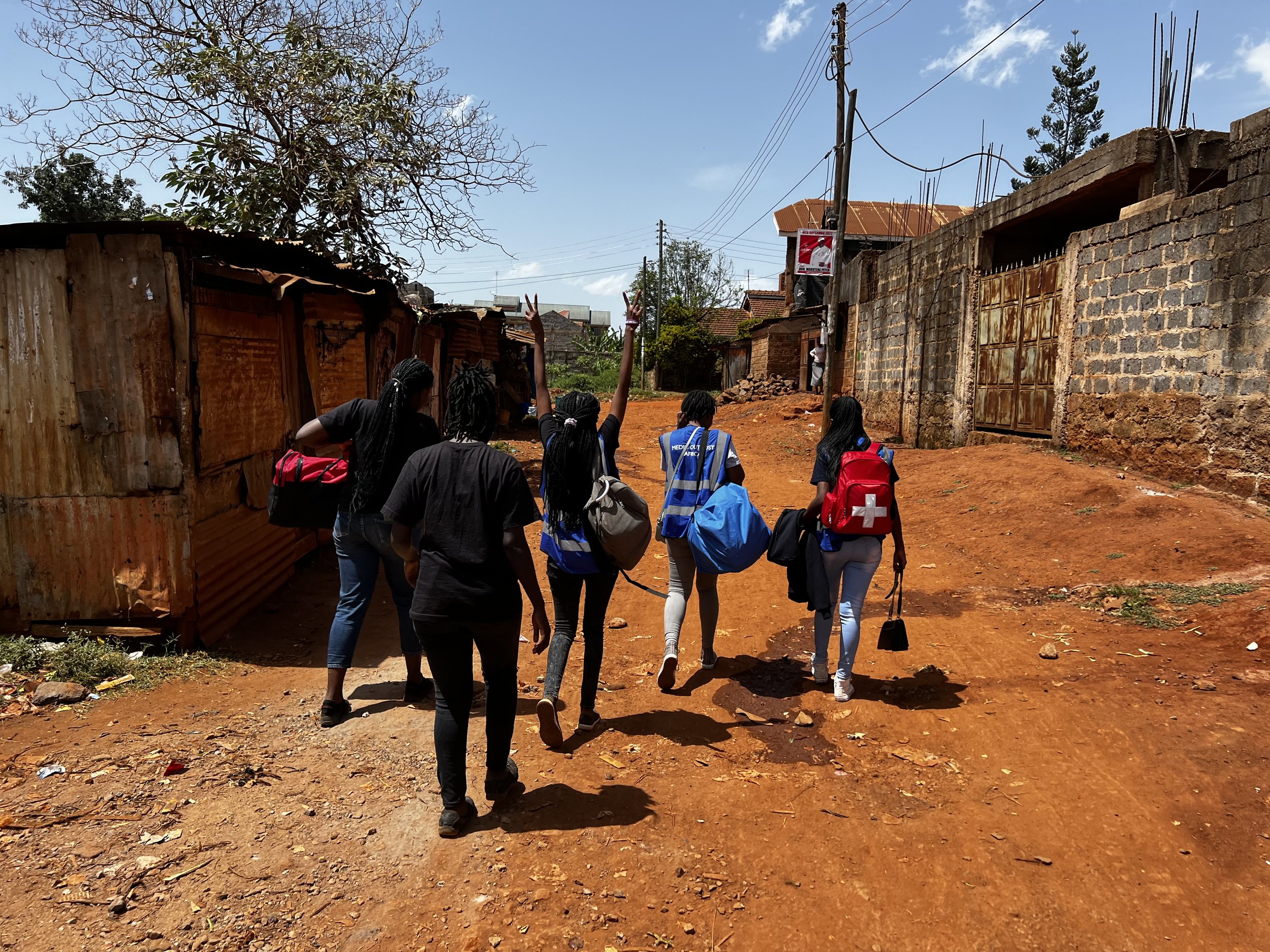A World Away in 20 Miles
Just about every large city in the world has areas that are poor and lack basic resources. In the developing world these areas are called slums or favelas most often. Some of the most striking contrasts are in Africa are in these Neighborhoods. The Medic Outpost “ Afya Kids “ project works in the slums that surround the outskirts of Nairobi Kenya. Afya means health in Swahili and our project provides medication to fight intestinal parasites in primary school age children in the Marurui slum. Our Medic Outpost Africa team also teaches our Afya Kids first aid and preventative health course the primary school children.
Intestinal parasites are the scourge of poor schools. It impairs children’s development both physical and mental and it makes it very difficult to concentrate and focus at school. Most of the time these hookworms and flatworms are transmitted through the soil and from contact with feces of humans and animals. The positive piece of this is that these worms are easily treated with one dose of medication. This treatment lasts for a year and the cost is relatively cheap.
Most of the attention in East Africa is on the Kibera slum in Nairobi. It has clinics and tours and thousands of tourists come to visit Kibera each year. It is the largest slum in Africa. Because of this attention, Kibera has a large resource base with many NGO’s and charities located within its boundaries. For this reason, Medic Outpost has chosen Marurui slum to begin our work. Marurui is almost forgotten in the competition with other slums for the remaining resources.
Marurui a meandering series of small neighbors that seem to be held together by one common bond, poverty. There are pockets of more affluent houses locked within a sea of poor housing. Because of this geographic oddity, it appears that the poorer areas are more intense than other slums in the Nairobi area. The “haves and have nots” could not be more obvious.
The Medic Outpost program on this trip was to focus on as many schools as possible in the last week of the month. There is a confusing mix of different types of designations in the slum that mean not all schools are open at one time. Medic Outpost focused on 3 of the major schools in one particular area which were Glory School, the Sub Marurui School, and Tincay School. All totaled we were looking at over 3000 children.
Nothing can really prepare you for the chaos of having children coming at you in waves of a hundred or more. Each wave had to be controlled by the Medic Outpost Africa team and with the help of the school teachers. Medications had to be given and then confirmed. No one likes the taste of a deworming medication. Then we provided our Ayfa Kids first aid program to the older ones and hygiene to the younger children. It was a big hit. In low resource areas in the developing world, the primary care givers are not the mothers. The caregivers to the very young are the children 8 to 12 years old. Mainly females but there are many caregivers who are boys as well. Our goal was to teach these children how to stop bleeding and treat a young child for choking. These are killers in the slums.
At the end of the day, we were successful with over 2900 children treated for worms and about 1200 children training to save lives. All in all, not a bad week. Find out more about these programs and if you would like to volunteer on one of our trips or help support the program then please contact Medic Outpost at info@medicoutpost.org


